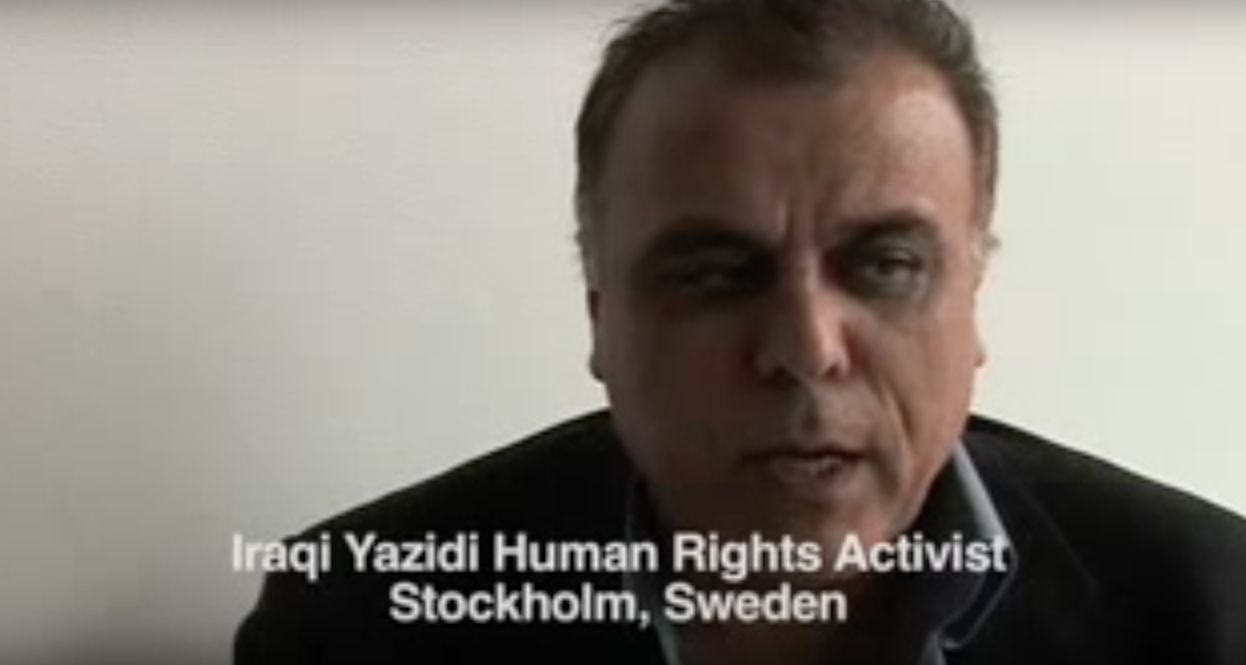
A word on migrants, refugees and minority rights
Emma Eastwood, Senior Media Officer, pulls together some thoughts from MRG in response to the treatment of thousands of refugees seeking sanctuary in Europe.
Europe is searching its soul about the way it treats migrants and refugees. Hundreds from Syria, Iraq, Afghanistan, North and sub-Saharan Africa are now dying every month trying to reach Europe’s shores, Budapest is the scene of pitched battles, and drowned children are washing up on the beaches of Turkey.
So, will Europe’s governments behave any differently this time? – Sadly, probably not, with the exception of a few. Will countries in the South and at Europe’s borders still have to bear almost all the refugee burden (Iran, DRC, Jordan, Lebanon and Turkey have taken in millions)? – Almost certainly, yes.
But the current situation also raises questions for Minority Rights Group International (MRG).
Our work addresses the problems that make many refugees flee in the first place – a disproportionate number are members of minority communities facing persecution because of their religion or ethnicity, such as in Sudan or Iraq. However we have been reluctant to work directly on migration issues, mainly because there are many other extremely competent national and international NGOs doing just that, and we have more than enough work supporting minorities and indigenous peoples around the world; it’s a different area of international law to minority and indigenous rights (refugee law, migrant workers’ rights), and there are dangers to confusing the categories: many minorities fear being labelled migrants, and vice versa, when they are not.
But many minority communities are created through migration, the UK being a fine example of this, with millennia-long waves of immigration enriching our society. However the racism and discrimination that migrants and minorities face is often similar.
In some of our work, such as in Russia, we have included migrants’ rights NGOs. Back in 2008 we interviewed Iraqi refugees in Sweden, forced to flee their homes because of their faith. And in the Dominican Republic we are working with Dominicans of Haitian descent, who are labelled as migrant workers and denied citizenship rights despite being in the country for generations.
Maybe one way that MRG can make a contribution is to consider working not on rights of movement (including asylum) but rather on the recognition of full rights after settlement? That might not make a difference to the immediate tragedy that is currently taking place in and around the Mediterranean, but if our work can’t fully prevent persecuted peoples having to escape extermination, it could fill a gap if they are granted safe sanctuary…
In the meantime, all power to the many individuals and organisations that we know are acting in solidarity with those fleeing.
—
This article reflects the opinion of its author only and does not engage MRG’s responsibility.